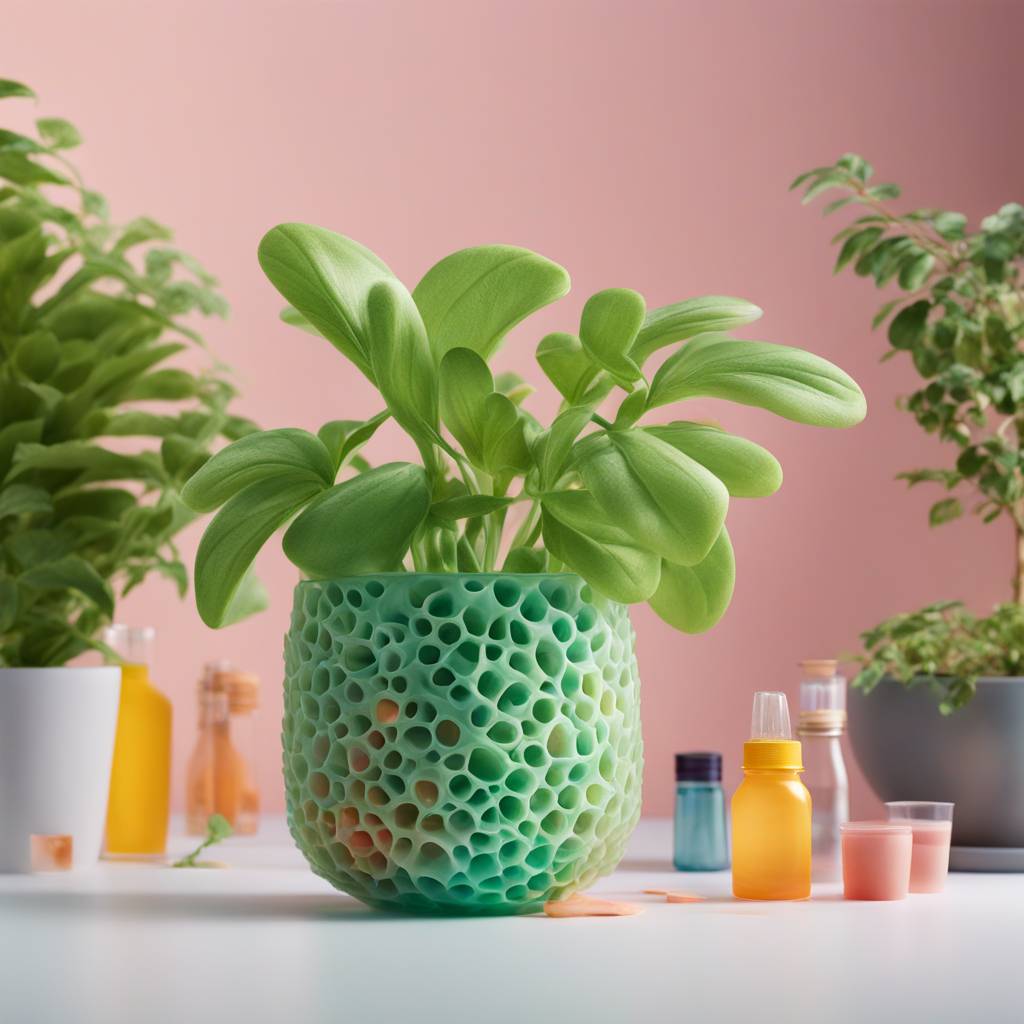A study conducted by researchers at the University of Portsmouth and the Flanders Marine Institute in Belgium has found that a newly developed plant-based plastic material releases significantly fewer microplastics than conventional plastic when exposed to sunlight and seawater. This bio-based plastic material, made from natural feedstocks, showed greater resistance to degradation when subjected to intense UV light and seawater for a prolonged period compared to traditional petroleum-derived plastics. The findings highlight the potential of bio-based plastics as a more environmentally friendly alternative to conventional plastics, but also emphasize the importance of understanding their impact on marine ecosystems.
Professor Hom Dhakal, from the University’s School of Mechanical and Design Engineering, emphasized the need to study the behavior of different types of plastics in extreme environments, such as ocean exposure, to better predict their performance and potential impact on marine life. The research focused on comparing two types of plastic materials, polypropylene (a non-biodegradable industrial polymer) and polylactic acid (PLA, a biodegradable polymer), in terms of their release of microplastics. While the study found that PLA released fewer microplastics than polypropylene, there were still concerns about the presence of microplastics in the marine environment, regardless of the type of plastic used.
Microplastics, which are small plastic particles less than 5mm in size, pose a serious threat to aquatic life and have been observed in various marine ecosystems. The study revealed that the size and shape of the microplastic particles released depended on the type of plastic, with conventional plastic emitting smaller pieces and fewer fiber-like shapes compared to plant-based plastic. This highlights the importance of continued research and proactive measures to mitigate the impact of microplastics on marine ecosystems, as well as the need for environmentally sustainable alternatives to traditional plastics.
The Plastic Oceans International Organization estimates that the equivalent of a truckload of plastic is dumped into the oceans every minute, leading to the accumulation of microplastics in marine environments. The research conducted by Professor Dhakal and his team provides valuable insights into how different types of plastics behave under environmental stressors, informing future efforts to address plastic pollution. Revolution Plastics, an initiative led by Professor Dhakal, aims to inform national and global policies on plastics, develop advanced recycling techniques, and contribute to discussions on ending plastic pollution through initiatives such as the UN treaty on plastic waste reduction.
The study, published in the journal Ecotoxicology and Environmental Safety, was part of the collaborative international effort within the SeaBioComp project, which received funding from the Interreg 2 Seas Programme co-funded by the European Regional Development Fund. The research underscores the importance of exploring sustainable alternatives to conventional plastics, understanding their impact on the environment, and taking proactive measures to protect marine ecosystems from the harmful effects of plastic pollution. By studying the behavior of different plastics in extreme conditions, researchers aim to make informed choices that prioritize the health and sustainability of our oceans.


